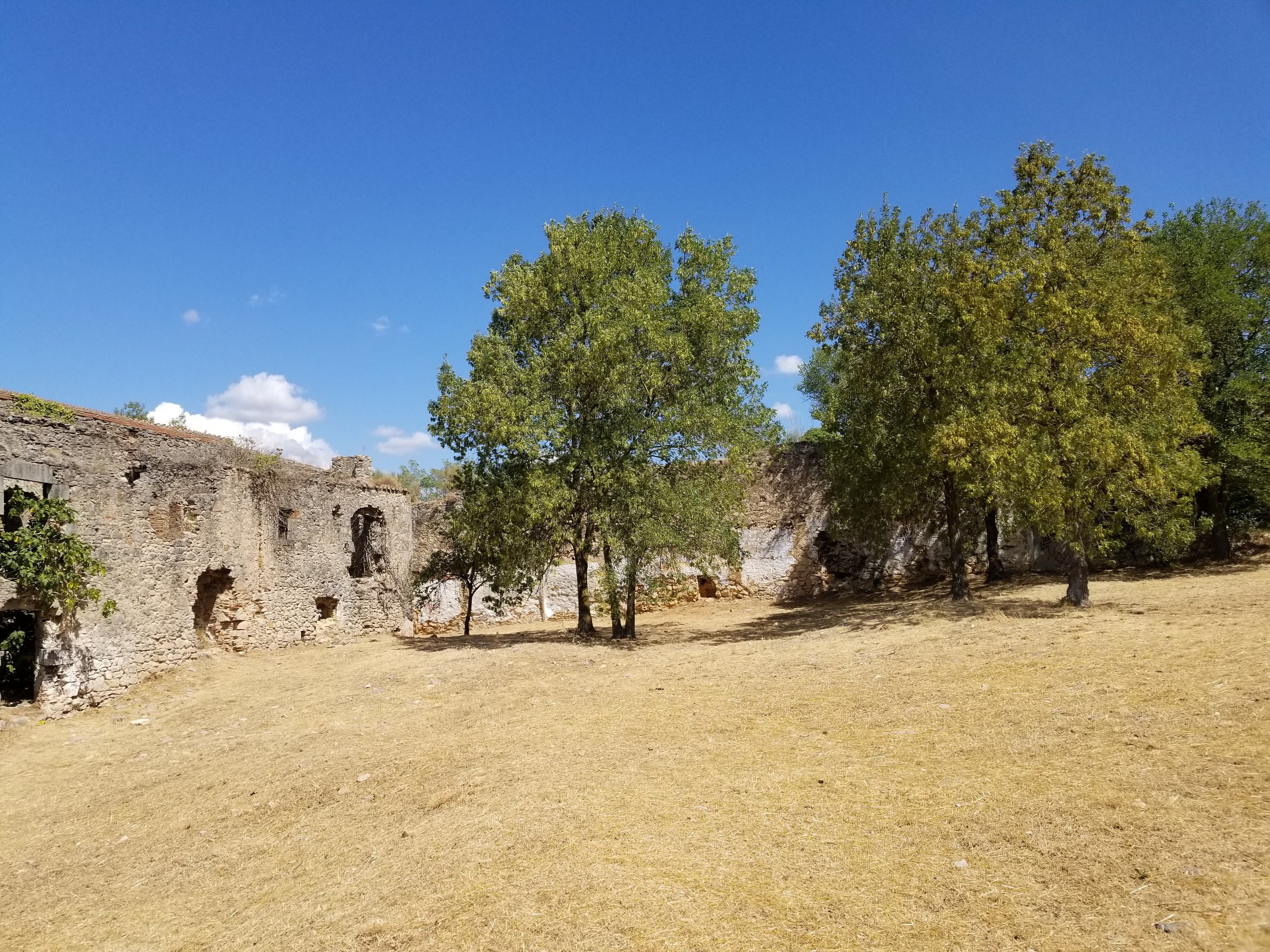
Treatment from a clinician and researcher
From the USA to Canada to Germany…
I was born and raised in Massachusetts, USA, and completed my undergraduate degree at McGill University in Montreal, Canada. After earning my bachelor’s degree in Economics, I returned to Massachusetts and soon began studying psychology. I completed a masters degree and doctor of psychology (PsyD) degree at William James College in Newton, Massachusetts. Throughout my graduate studies, I was active in research and examined topics such as Alzheimer’s disease, Traumatic Brain Injury (TBI), and chronic migraine. I completed my APA Internship in the Neuropsychology Track at Massachusetts Mental Health Center / Harvard Medical School, where I worked with clients with a wide range of mental health diagnoses. Some of my clients at this internship were experiencing mood problems due to personal factors while others experienced major mental illness (e.g., schizophrenia, personality disorders). After graduating from my doctoral program, I worked in the Neurorehabilitation Laboratory at Spaulding Medical Center / Harvard Medical School where I had a dual appointment as a clinician and a researcher. Through this experience I worked with people who had experienced a severe head injury leading to a change in consciousness (ex. Coma, Minimally Conscious State). From 2020 until 2022, I worked as a research post-doc in the Institute of Cognitive and Clinical Neuroscience at the Central Institute of Mental Health in Mannheim, Germany. This research position was concerned with the treatment and characterization of chronic pain disorders from a psychological perspective. Due to the impact of the Covid pandemic, I was afforded the opportunity to teach a doctoral level cognitive psychology class (Cognitive and Affective Bases of Behavior) for an APA accredited clinical psychology program. From September 2022, I have worked as a private practice psychologist in Frankfurt am Main, Germany.
Please see below for an abbreviated list of my clinical and professional experiences.
Clinical Licenses
2024 - Present: Germany: Erlaubnis zur berufsmäßigen Ausübung der Heilkunde ohne Approbation eingeschränkt auf das Gebiet der Psychotherapie
2022 - Present: Germany: Erlaubnis zur vorübergehenden Berufsausübung des psychotherapeutischen Berufs, Hessisches Landesprüfungs- und Untersuchungsamt im Gesundheitswesen (GZ: PS-904-2022)
2019 - Present: USA: Licensed Psychologist (Massachusetts: 11085-PR)
Education
2013 - 2018: Doctor of Psychology (PsyD), Clinical Psychology, Neuropsychology Concentration, William James College, Newton, Massachusetts, USA
2013 - 2016: Master of Arts in Professional Psychology, William James College, Newton, Massachusetts, USA
2007 - 2011: Bachelor of Arts, McGill University, Montreal, Quebec, Canada
Professional Experience
2022 - Present: Psychologist, Lösungsräumen am Goetheplatz, Frankfurt am Main, Hessen, Germany
2021 - 2022: Adjunct Faculty, Clinical Psychology Department, William James College, Newton, Massachusetts, USA
2020 - 2022: Postdoctoral Research Associate, Institute Cognitive and Clinical Neuroscience, Central Institute of Mental Health, Mannheim, Baden-Württemberg, Germany
2018 - 2019: Postdoctoral Fellow (Dual appointment as Researcher and Clinician), Neurorehabilitation Laboratory, Spaulding Rehabilitation Hospital/Harvard Medical School, Charlestown, Massachusetts, USA
2017-2018: APA Clinical Psychology Intern (Neuropsychology Track), Massachusetts Mental Health Center/Harvard Medical School/Beth Israel Deaconess Medical Center, Boston, Massachusetts, USA
Publications (papers only)
Malone C., Turk W.K., Palumbo R., & Budson A.E. (2020). The effectiveness of item-specific encoding and conservative responding to reduce false memories in patients with mild cognitive impairment and mild Alzheimer’s disease dementia. Journal of the International Neuropsychological Society, 1- 12. DOI:10.1017/ S1355617720000715
Malone C., Erler K.S., Giacino J.T., Hammond F.M., Juengst S.B., Locascio J.J., Nakase-Richardson R., Verduzco-Gutierrez M., Whyte J., Zasler N., and Bodien Y.G. (2019). Participation Following Inpatient Rehabilitation for Traumatic Disorders of Consciousness: A TBI Model Systems Study. Frontiers in Neurology, 10:1314. DOI: 10.3389/fneur.2019.01314
Malone C., Deason R.G., Palumbo R., Heyworth N., Tat M., & Budson A.E. (2018). False memories in patients with mild cognitive impairment and mild Alzheimer’s disease dementia: Can cognitive strategies help? Journal of Clinical and Experimental Neuropsychology, DOI:10.1080/13803395.2018.1513453
Malone C. & Wachholtz A. (2017). The relationship of anxiety and depression to subjective well-being in a mainland Chinese sample. Journal of Religion and Health, (), 1-13. DOI: 10.1007/s10943-017-0447-4
Wachholtz, A., Malone, C., & Bhowmick, A. (2015). The chronic migraineur and health services: national survey results. Journal of pain management & medicine, 1(1). PMCID: PMC4720162
Malone C., Wachholtz A., & Bhowmick A. (2015). Migraines, treatments, comorbidities, and quality of life: Migraine in the USA. Journal of Pain Research, 8, 537-547. DOI: 10.2147/JPR.S88207
Wachholtz A., Malone C., & Pargament K. (2015). Effect of different meditation types on migraine headache medication use. Behavioral Medicine, 43: 1-8. DOI: 10.1080/08964289.2015.1024601
Walsh K.E., Cutrona S.L., Kavanagh P.L., Crosby L.E., Malone C., Lobner K., & Bundy D.G. (2014). Mediation adherence among pediatric patients with sickle cell disease: A systematic review. Pediatrics, 134(6), 1175-1183. DOI: 10.1542/peds.2014-0177.
